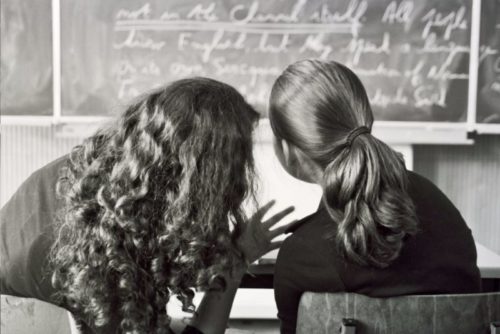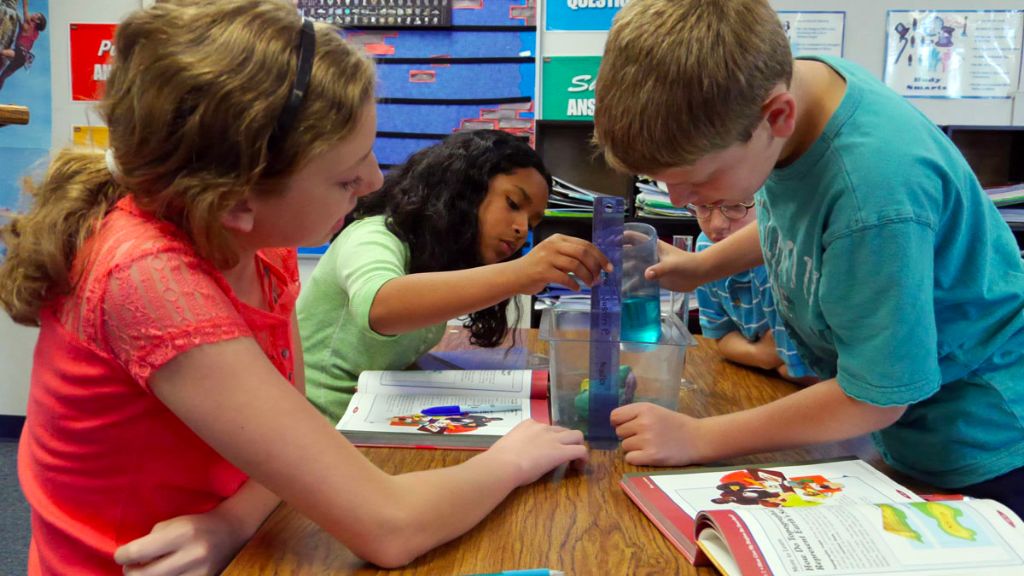Misconceptions About Dyslexia

Misconceptions About Dyslexia Misconceptions about dyslexia are prevalent not only amongst those outside the world of education but those within the world of education. Due to the prevalence of these myths, when explaining dyslexia I have to spend just as much time explaining what dyslexia is not to fully establish what it is. The concern …read more
Desire to Read

I believe that all students come into kindergarten with a desire to read. However, when it becomes hard for some students due to learning and language challenges, they begin to lose that desire and pretend they don’t care about reading. In fact, “the effects of falling behind in reading and feeling like a failure can …read more
Engaging and Empowering in the Classroom

George Couros presents in his book The Innovator’s Mindset, that “engagement is a good thing” but he encourages teachers to go beyond just engagement (2015, p. 96). He asserts that “we must also empower students and equip them with the skills to learn” (Couros, 2015, p. 96). I see these two components like layers to …read more
Summer of Balance

For most students summer means the absence of school and the presence of camps, sports, art, exploration, and lots of time for play! As a teacher, I totally understand this sentiment, especially when thinking about our students with dyslexia who see school as a daily struggle. Summer is their lifeline, their chance to …read more
Universal Design (in the classroom)

I first learned about the concept of Universal Design in college. The term was coined by Ron Mace, the architect at North Carolina State University. A very simplified definition of Universal Design is “the design of products and environments to be usable by all people, to the greatest extent possible, without the need for adaptation …read more
